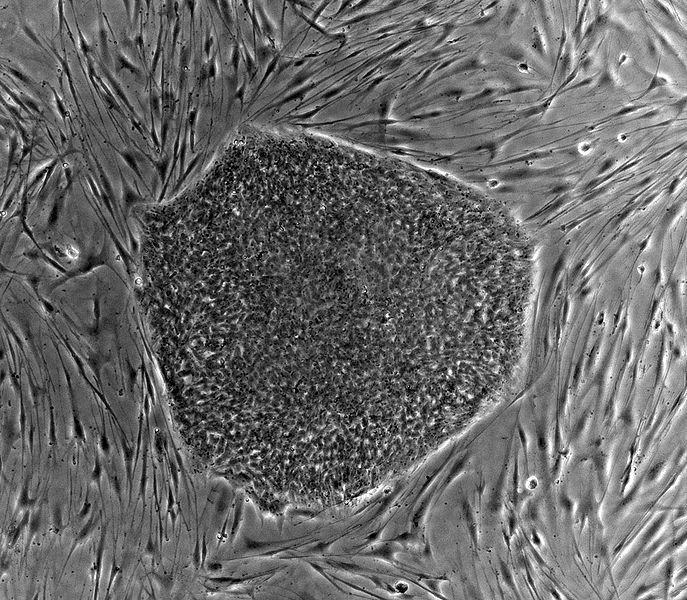Hope for Leukemia and Myelodysplasia Patients from Rabbits' Antibodies

Antibodies taken from rabbits can improve the survival rates of leukemia and myelodysplasia patients who are receiving stem cell transplant from an unrelated donor.
Researchers from Virginia Commonwealth University (VCU) have found that rabbits' antibodies trick the body immune system into accepting the stem cell from an unrelated donor. They claim that this discovery will improve the survival rates of leukemia and myelodysplasia patients.
Researchers had conducted a study on groups of patients who were going to receive stem cells.
Scientists injected rabbits' anti-thymocyte globulin (ATG) into one group of patients who were going to receive stem cells from an unrelated donor whereas the other group received the stem cells from a related donor.
After the transplantation, scientists studied the outcomes of patients who received a transplant of stem cells from an unrelated donor and compared the result with people who had received stem cells from a related donor.
Scientists were stunned to find that the outcomes after implanting the cells were very similar in terms of mortality, relapse and development of graft-versus-host disease (GVHD), a common complication that can occur after a stem cell or bone marrow transplant in which the newly transplanted material attacks the transplant recipient's body.
"Unfortunately, we can't always find a related (genetically similar) donor for patients in need of stem cell transplantation," said Amir Toor, hematologist-oncologist at VCU School of Medicine, in a statement. "Obtaining better outcomes with unrelated donor stem cell transplants could represent a significant advancement in extending the lives of more patients with blood cancers."
Usually, when an unrelated donor stem is implanted into the body, the body immune system immediately rejects it. However, scientists found that rabbits' antibodies trick the immune system into accepting it.
Rabbit anti-thymocyte globulin ATG works by reducing T-lymphocytes, a key component of the immune system.
For the first time scientists have used rabbits' anti-thymocyte globulin (ATG) for stem cell transplantation. It is usually used in organ transplantation to prevent patients' immune systems from rejecting transplanted tissue. It is also used to treat aplastic anemia, a condition where the bone marrow does not create enough new cells.
"Our study results should serve as a guide for designing future clinical trials using ATG to improve outcomes in unrelated donor stem cell transplants," says Toor.
"Our findings are encouraging. If many of the risks commonly associated with unrelated donor stem cell transplants are reduced, transplantation becomes an option for more patients," he concluded.
© Copyright IBTimes 2025. All rights reserved.



















